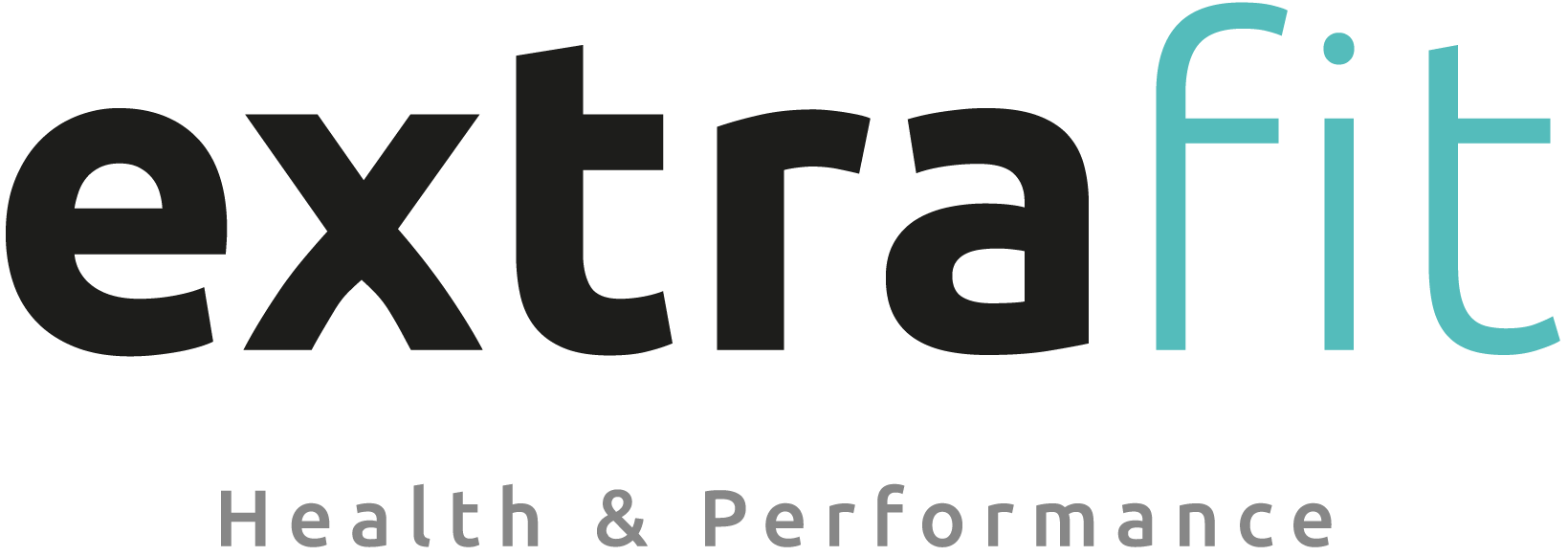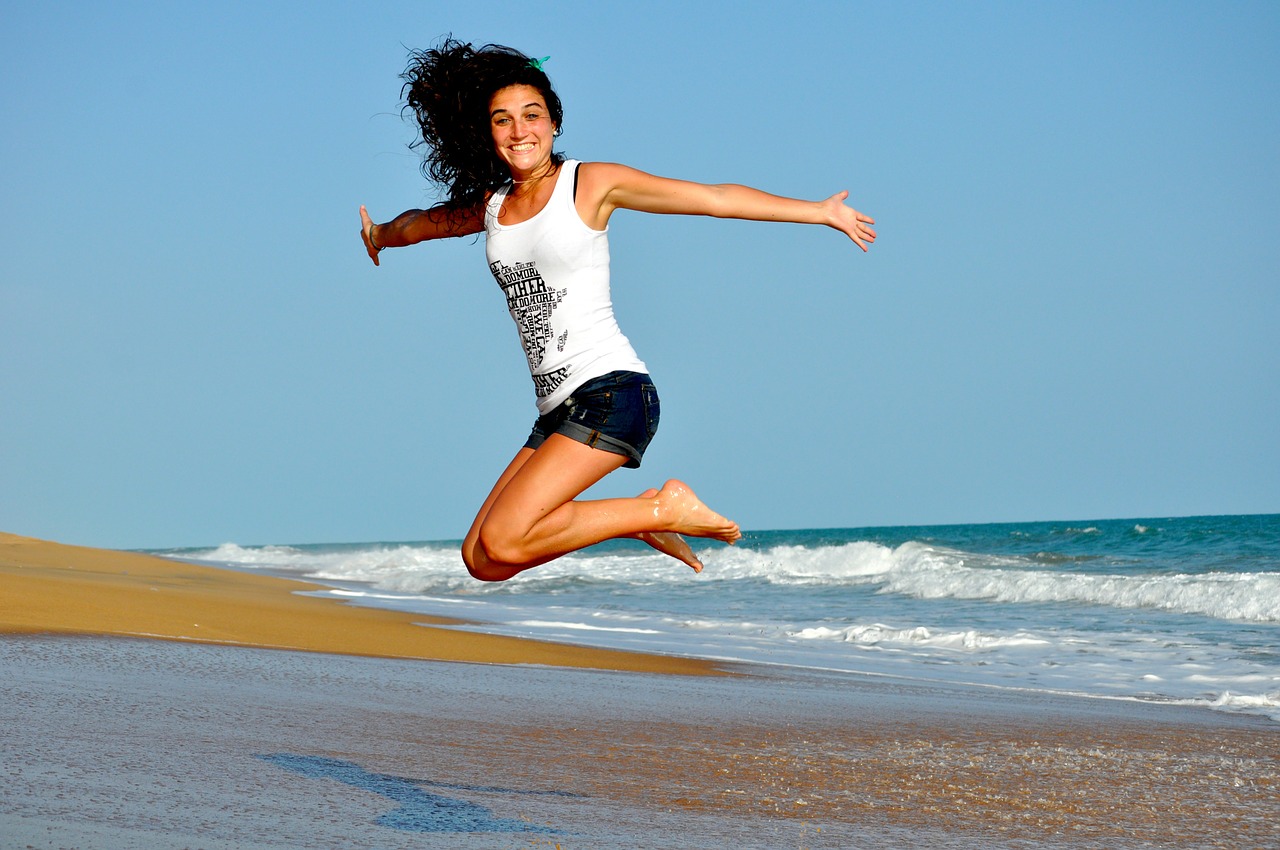This is the first blog I have ever written! I have various ideas of different more specialised subjects to write a little bit about in time but for a first attempt I thought it might be good to just list some different thoughts all related to health and fitness. They are all things I find myself often chatting with clients about and are all things that nearly 20 years of working in the industry has taught me.
You might not fully agree with everything listed and I welcome the chance to discuss these things further in our training sessions or on Extrafit’s social media pages. Let me know what you think!
Health & Fitness Thoughts
• For genuine health and wellness move often, eat unprocessed healthy foods and only just enough, don’t smoke, drink alcohol sparingly, sleep lots and spend as much time with close friends as you can. Pills, vitamin injections, colonic irrigation, ‘detoxing’ and fad dieting do not promote wellness.
• Maintaining a high level of aerobic capacity can be closely linked to longevity. A high V̇O2MAX maintained throughout all stages of life by appropriate high intensity cardiovascular exercise will give you the best chance to live longer. Basically, if safe to, get properly out of breath regularly.
• When strength training, recent research shows it doesn’t matter if you do 10, 12, 15, 20 or 25 repetitions of an exercise, providing you work to fatigue (not failure), all benefits will be gained.
• The right amount of healthy protein is vital for overall health, longevity, weight loss, cognitive function and performance. For a pretty accurate guide – Multiply your weight in kilogrammes by 1.6. This is the number of grams of protein you should have daily. An average 172g chicken breast contains 54g, a tin of tuna in spring water has 28g. Your body has no means of storing protein, so you do need to try to be consistent with this daily intake.
• To prevent back pain and promote a strong ‘core’, traditional circuit training exercises such as press ups, squats, lunges and crunches are as effective as more specific Pilates type exercises. Pilates is great, I teach it, but there is no evidence to show it is any more effective than just general movement and exercise.
• You cannot ‘spot reduce’. Doing specific exercises for a certain body area will not reduce the body fat in that area. When you lose bodyfat you lose it from your entire body, when you gain bodyfat it is stored throughout the body.
• Protein satiates hunger best and of the three main macronutrients has the highest calorie cost to digest it. Win win from a weight loss point of view, it fills you up, helps maintain muscle mass and a significant proportion of the calories within it are used in digesting it!
• Tendons, the structures that connect your muscles to your bones need load to stay structurally sound. Steady paced cardio exercise doesn’t really cut it. To maintain healthy tendons in later life you should strength train regularly, this will also have the benefit of maintaining muscle and bone mass too.
• Cook will extra virgin olive oil and butter, avoid other vegetable and seed oils. There is genuine evidence of them causing ill health, especially for the brain.
• Working out at a steady intensity after a period of fasting (e.g first thing in the morning prior to breakfast) causes what is sometimes referred to as ‘fat adaption’. An improvement in the body’s ability to mobilise and combust fat as a fuel. This has recently been shown to carry over into daily life away from the exercise session.
• Don’t stretch statically before exercise. It is counterproductive and can be shown to increase the risk of injury (traditional stretches held for a period of 10-45 seconds). Instead, warm up dynamically with gentle movement, leg swings, arm circles. Stretch statically after and hold stretches with only mild discomfort for 45-90seconds.
• Drink to thirst! If you have exercised, especially in the heat maybe aim for the often proclaimed 2 litres of water/day but this is not a firm rule. Be led by your urine, it should be the colour of champagne, if it is darker, drink a glass of water! Caffeinated drinks whilst mildly diuretic do count towards daily fluids but they shouldn’t make up all your fluid consumption.




